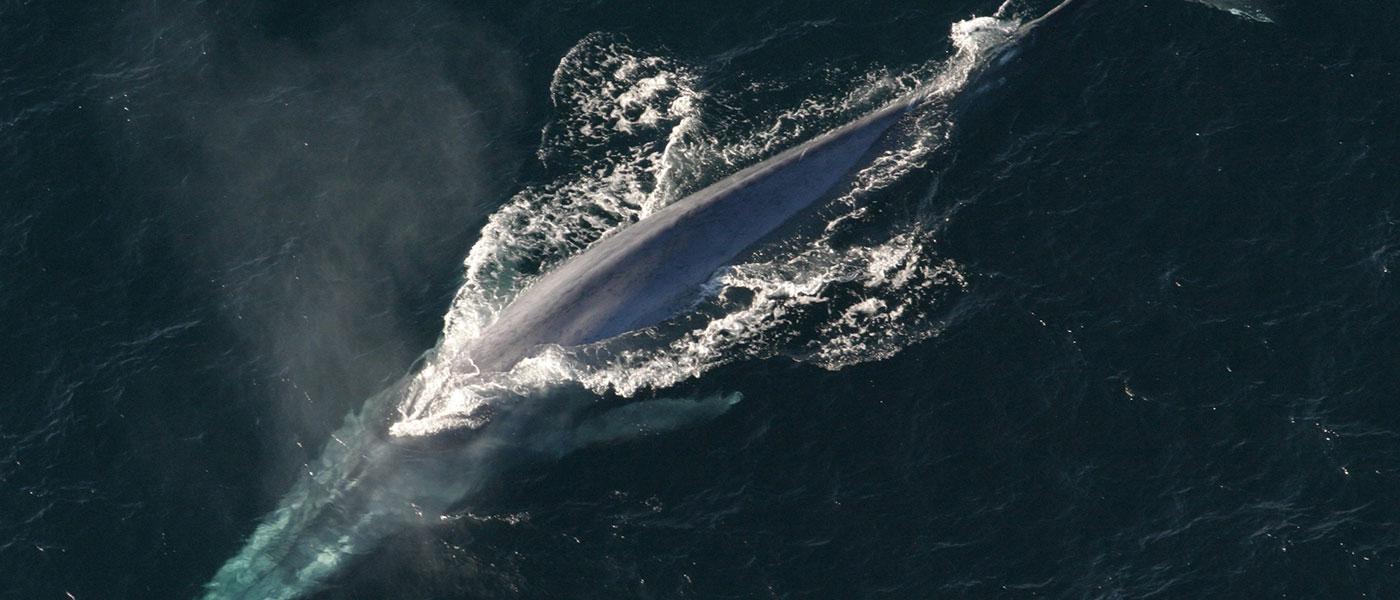Being the largest animal on Earth, blue whales carry the most cells and genes in their bodies. With the genome project that the Morgridge Institute scientists have submitted to the National Center for Biotechnology Information, scientists can study genes in whales and learn how the project can contribute to human cancer research.
Cancer occurs when there are changes in genes that affect cell function, especially in how cells grow and divide. So if cancer is related to cells, then we can assume that the more cells an animal has, the higher the chance that it will have cancer. However, according to Peto’s Paradox, named after the scientist Richard Peto, the incidence of cancer does not correlate with the number of cells in a living organism. For example, humans are more likely to have cancer than blue whales, while blue whales have more, almost double the number of, cells than humans.
Other large-size animals like elephants are less likely to have cancer than humans. Scientists found out there are more tumor suppressors called P53 and TP53 in a species of elephants. Those tumor suppressors grow in elephants to avoid cell mutation- cancer. There also are some pseudo copies in elephants that scientists have yet to understand their functions. With the discovery of tumor suppressors and the existing genome project, scientists can look into different copies of genes and do genetic manipulation to observe how the changes affect cells.
The Morgridge Institute will be the first institute to have whale genome sequenced using long-read sequencing technology (illumina technology) with high quality. Different from short-read sequencing, long-read sequencing gives a longer span of genes for scientists to copy and recreate. In addition to the genome project, an open-source software package called Apollo can be used by scientists to investigate and refine gene structures.
From the cancer research perspective, blue whales are very interesting subjects for scientists to study. Eventually, scientists will have to dig into complex sequences of genes to discover possible cancer prevention or improve cancer research.

